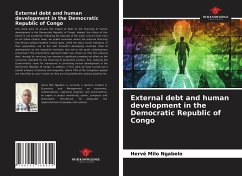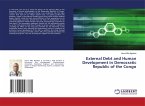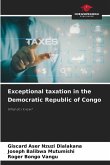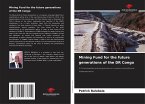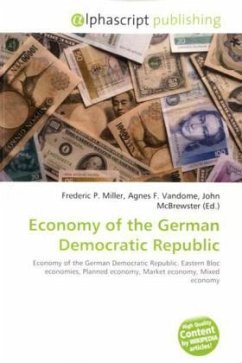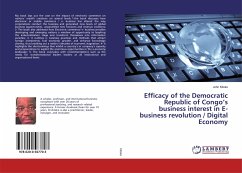This book aims to assess the impact of debt on the financing of human development in the Democratic Republic of Congo. Indeed, the choice of this theme is not accidental. Following the example of the major concern that most of our fellow citizens have, we asked ourselves where the external financing that African political leaders receive goes, while the basic social indicators of their populations are in the red? Shouldn't developing countries think of development as the industrial revolution that led to the great contemporary economies? The econometric approach taken has shown us that this external debt, through its servicing, has exerted a significant crowding out effect on the resources intended for the financing of productive sectors, thus reducing the Government's room for manoeuvre in promoting human development in the Democratic Republic of Congo. In addition, in this work we have carried out a spatial analysis of poverty and inequality, where 70% of the Congolese people are classified as poor insofar as they are living below the national poverty line

